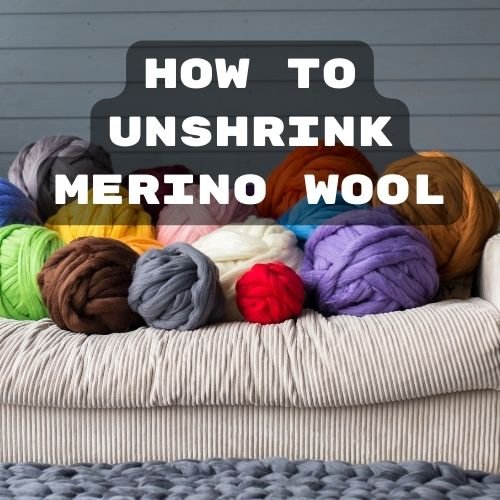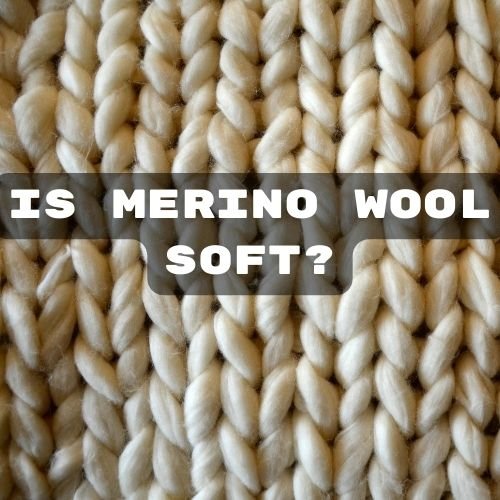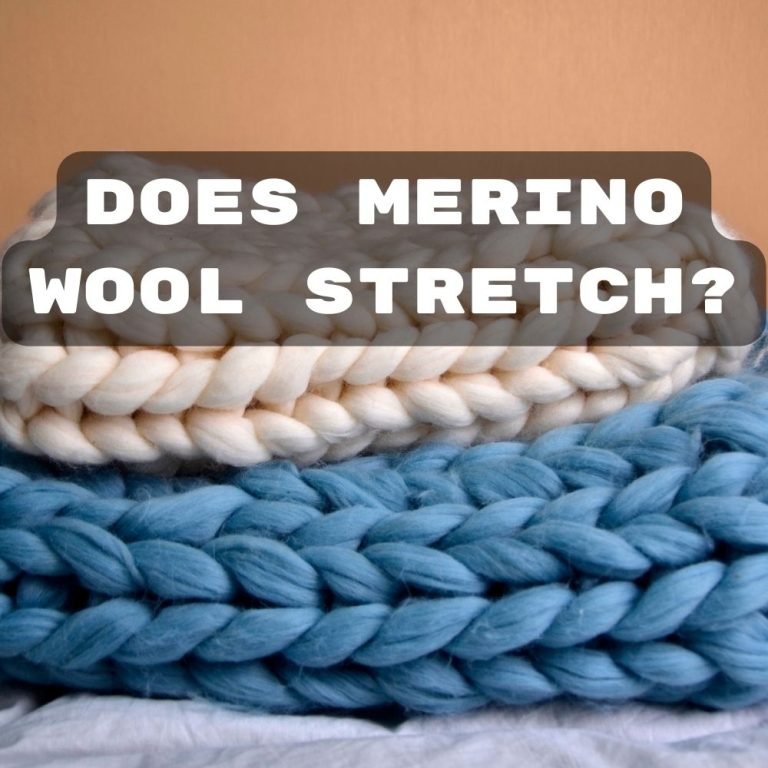Is Alpaca Wool Warmer Than Merino Wool?
When it comes to choosing the perfect wool for warmth, comfort, and style, two contenders often find themselves in the spotlight: alpaca wool and merino wool. These natural fibers have gained popularity in the world of fashion and outdoor gear due to their remarkable insulating properties. In this article, we’ll dive into the debate of whether alpaca wool is truly warmer than merino wool and explore the unique characteristics that make each of them stand out.
As winter approaches, the quest for the coziest and warmest wool becomes a top priority for many. Alpaca and merino wools both come with their own set of benefits and attributes, making the decision between the two a nuanced one. To determine whether alpaca wool is genuinely warmer than merino wool, we need to examine the properties that make these fibers so special.

The Science Behind Wool’s Insulating Power
Wool, in general, is known for its exceptional insulating properties. The structure of wool fibers creates tiny air pockets that trap heat, effectively acting as a natural thermal regulator. Both alpaca and merino wools capitalize on this inherent design, but they have some differences that set them apart.
Alpaca Wool: Nature’s Cozy Fiber
Alpaca wool is sourced from the soft and luxurious fleece of alpacas, native to the Andes mountains. The fibers are incredibly fine and lightweight, yet they possess remarkable insulation capabilities. The hollow nature of alpaca fibers allows them to retain more warmth while still being breathable, making them ideal for varying temperatures.
Merino Wool: A Benchmark for Warmth
Merino sheep, primarily found in New Zealand, produce wool that has been prized for centuries. Merino wool is renowned for its exceptional softness and versatility. The fibers are much finer than traditional wool, resulting in a fabric that feels gentle against the skin. Despite its lightweight feel, merino wool offers superb insulation, making it a favorite among outdoor enthusiasts.
Alpaca vs. Merino: The Warmth Factor
When it comes to warmth, both alpaca and merino wools excel. Alpaca wool’s unique hollow structure provides excellent heat retention, making it incredibly effective in colder climates. The fibers’ ability to adapt to different temperatures ensures that you stay warm without overheating. On the other hand, merino wool’s fine and densely packed fibers also contribute to exceptional insulation, making it a dependable choice for various activities in the cold.
The Comfort Quotient: Alpaca vs. Merino
In terms of comfort, both wools offer luxurious softness, but merino wool often takes the lead. Its finer fibers result in a fabric that feels smooth and gentle against the skin, making it a preferred option for those with sensitivities. Alpaca wool, while also soft, can be coarser due to the natural variations in the fibers.
Durability and Longevity
When it comes to durability, merino wool tends to have the edge. Its fibers are known for their strength and resilience, allowing merino wool garments to withstand the test of time. Alpaca wool, while not as strong as merino, compensates with its unique ability to resist pilling and maintain its appearance even with extended wear.
Eco-Friendliness: A Closer Look
In terms of eco-friendliness, both alpaca and merino wools have their merits. Alpacas are gentle grazers that have a minimal impact on their environment. Additionally, alpacas’ efficient digestion reduces greenhouse gas emissions. Merino sheep farming has also made strides in sustainability, with many farms adopting eco-friendly practices to minimize their footprint.
Styling and Versatility
When it comes to style, both wools offer a wide range of possibilities. Alpaca wool’s natural sheen and drape make it suitable for elegant garments, while merino’s smooth texture allows for more intricate designs. The choice between the two largely depends on personal style preferences.
Making the Choice: Practical Considerations
Choosing between alpaca and merino wool depends on various factors. If you’re seeking ultimate warmth and adaptability, alpaca wool might be your best bet. On the other hand, if you prioritize a soft and lightweight feel, merino wool could be your ideal choice.
Myth Busting: Common Misconceptions
There are several misconceptions about alpaca and merino wools. One common myth is that alpaca wool is always warmer due to its origins in the Andes. While it offers excellent warmth, merino wool’s fine fibers also provide outstanding insulation. It’s essential to consider the specific context and purpose when making your selection.
Caring for Your Woolens: Tips and Tricks
Proper care ensures the longevity of your wool garments. Both alpaca and merino wools require gentle washing in cold water and air drying to prevent shrinkage or damage. It’s also advisable to store your woolens in a cool, dry place to prevent moths.
Conclusion
In the debate of whether alpaca wool is warmer than merino wool, the answer isn’t a straightforward one. Both fibers offer exceptional insulation and comfort, each with its unique characteristics. Alpaca wool’s heat retention and adaptability make it a reliable choice for extreme cold, while merino wool’s softness and versatility have their own appeal. Ultimately, the decision comes down to your individual preferences and the specific conditions you’ll be facing.







